 The current issue of the Nepal Journal of Epidemiology published today carries an editorial by a BU-led team of researchers and development workers. The editorial Mental health issues in pregnant women in Nepal highlights the intervention funded by THET which aims to improve the knowledge and attitude of maternity care workers in a rural district in the south of Nepal. The BU authors include Visiting Faculty: Padam Simkhada, Samridhi Pradham, Jillian Ireland and Bibha Simkhada, the other co-authors are affiliated with the charity we work with in Nepal (Ram Chandra Silwal), the Buddhist charity based in London Green Tara Trust (Padmadharini Fanning), and our Tribhuvan University based colleagues (Lokendra Sherchan, Shyam K Maharjan, and Ram K Maharjan.
The current issue of the Nepal Journal of Epidemiology published today carries an editorial by a BU-led team of researchers and development workers. The editorial Mental health issues in pregnant women in Nepal highlights the intervention funded by THET which aims to improve the knowledge and attitude of maternity care workers in a rural district in the south of Nepal. The BU authors include Visiting Faculty: Padam Simkhada, Samridhi Pradham, Jillian Ireland and Bibha Simkhada, the other co-authors are affiliated with the charity we work with in Nepal (Ram Chandra Silwal), the Buddhist charity based in London Green Tara Trust (Padmadharini Fanning), and our Tribhuvan University based colleagues (Lokendra Sherchan, Shyam K Maharjan, and Ram K Maharjan.
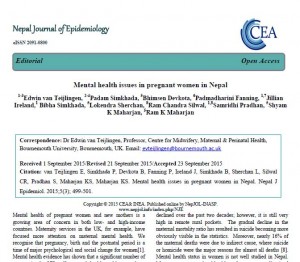 This THET-funded project will involve over 15 UK short-term volunteers. It is important to bring UK volunteers, who as health professionals will bring their experience of, and training in, the provision of mental health and maternity/midwifery services including the area of mental ill health prevention and health promotion. These experienced health workers (such as midwives, family doctors, mental health nurses, health visitors, psychiatrists) from the UK are invited to volunteer for two to three weeks at a time to design and deliver training. The mixture of training staff abroad (= Education) by UK professionals (=Practice) through an intervention which is properly evaluated (=Research) is a perfect example of BU’s FUSION in action.
This THET-funded project will involve over 15 UK short-term volunteers. It is important to bring UK volunteers, who as health professionals will bring their experience of, and training in, the provision of mental health and maternity/midwifery services including the area of mental ill health prevention and health promotion. These experienced health workers (such as midwives, family doctors, mental health nurses, health visitors, psychiatrists) from the UK are invited to volunteer for two to three weeks at a time to design and deliver training. The mixture of training staff abroad (= Education) by UK professionals (=Practice) through an intervention which is properly evaluated (=Research) is a perfect example of BU’s FUSION in action.

This project is supported by the Tropical Health & Education Trust (THET) as part of the Health Partnership Scheme, which is funded by the UK Department for International Development (DFID) and runs from this year May 1st until the autumn of 2016. The paper is freely available on line, click here!
Prof. Edwin van Teijlingen
CMMPH
Refererence:
van Teijlingen E, Simkhada P, Devkota B, Fanning P, Ireland J, Simkhada B, Sherchan L, Silwal CR, Pradhan S, Maharjan KS, Maharjan KS. Mental health issues in pregnant women in Nepal. Nepal J Epidemiol. 2015;5(3); 499-501.
 Dr. Jenny Hall in CMMPH published her latest article ‘Facilitating learning of spirituality in midwifery’ in the academic journal Spiritual Care [1]. She highlights that there has been considerable discussion in the literature around spirituality at the end of life but little relating to childbirth. Perhaps because of this facilitation of learning around the subject is limited. The aim of this article is to raise awareness of these issues and promote future discussion and research.
Dr. Jenny Hall in CMMPH published her latest article ‘Facilitating learning of spirituality in midwifery’ in the academic journal Spiritual Care [1]. She highlights that there has been considerable discussion in the literature around spirituality at the end of life but little relating to childbirth. Perhaps because of this facilitation of learning around the subject is limited. The aim of this article is to raise awareness of these issues and promote future discussion and research.
 The April issue of the Journal of Neonatal Nursing will publish the latest article written by a combination of Faculty of Health & Social Sciences staff and Visiting Faculty. The paper ‘Experiences of fathers with babies admitted to neonatal care units: A review of the literature’
The April issue of the Journal of Neonatal Nursing will publish the latest article written by a combination of Faculty of Health & Social Sciences staff and Visiting Faculty. The paper ‘Experiences of fathers with babies admitted to neonatal care units: A review of the literature’  Doing a PhD may appeal to midwives and other NHS health professionals, but it often involves having to make difficult choices. Undertaking a part-time PhD means studying on top of a busy clinical position, but starting full-time study involves stepping away from practice, which may lead to a loss of clinical skills and confidence. The Centre for Midwifery, Maternal & Perinatal Health (CMMPH) at Bournemouth University has come up with a novel solution making it easier for midwives to undertake a doctorate while still maintaining their clinical skills. This approach is highlighted in the latest publication by Dr. Susan Way and colleagues, describing a process where CMMPH collaborate with NHS partners to apply for a match-funded PhD. [1] The first partnership was with Portsmouth Hospitals NHS Foundation Trust (PHT), with later partners expanded to cover the Isle of Wight and Southampton. Currently there are negotiations with Dorset Country Hospital NHS Foundation Trust and Poole Hospital NHS Foundation Trust. Non NHS organisations have also showed an interest with the Anglo European Chiropractic College (AECC) our likely next collaborator.
Doing a PhD may appeal to midwives and other NHS health professionals, but it often involves having to make difficult choices. Undertaking a part-time PhD means studying on top of a busy clinical position, but starting full-time study involves stepping away from practice, which may lead to a loss of clinical skills and confidence. The Centre for Midwifery, Maternal & Perinatal Health (CMMPH) at Bournemouth University has come up with a novel solution making it easier for midwives to undertake a doctorate while still maintaining their clinical skills. This approach is highlighted in the latest publication by Dr. Susan Way and colleagues, describing a process where CMMPH collaborate with NHS partners to apply for a match-funded PhD. [1] The first partnership was with Portsmouth Hospitals NHS Foundation Trust (PHT), with later partners expanded to cover the Isle of Wight and Southampton. Currently there are negotiations with Dorset Country Hospital NHS Foundation Trust and Poole Hospital NHS Foundation Trust. Non NHS organisations have also showed an interest with the Anglo European Chiropractic College (AECC) our likely next collaborator.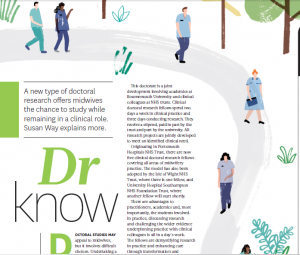
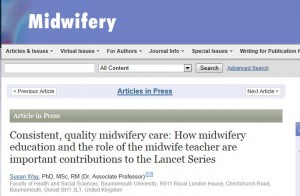
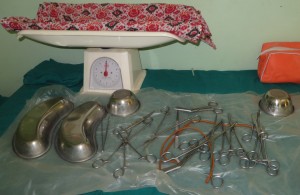
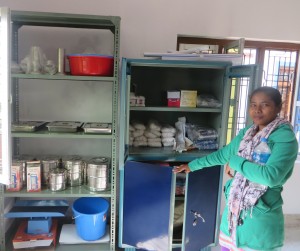

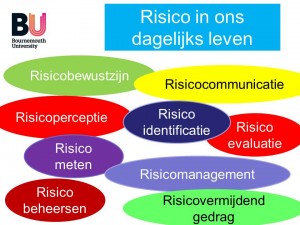

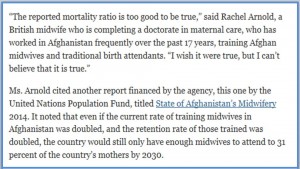

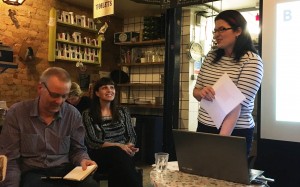

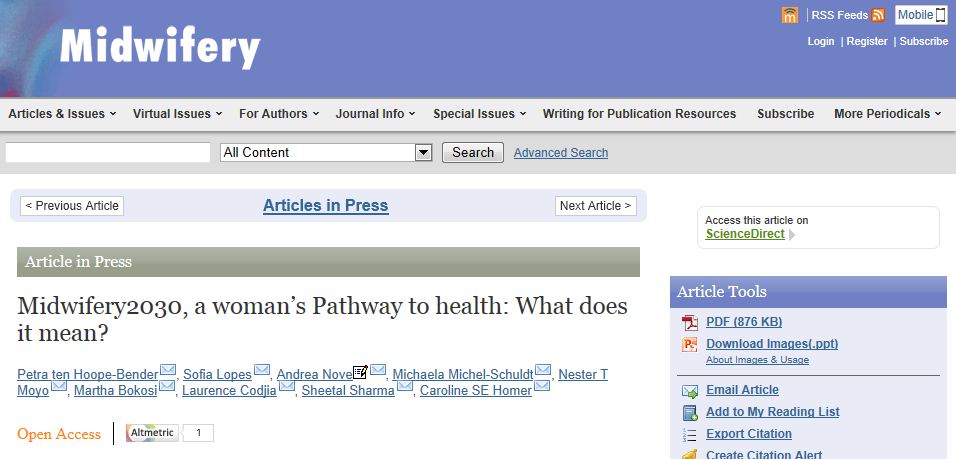
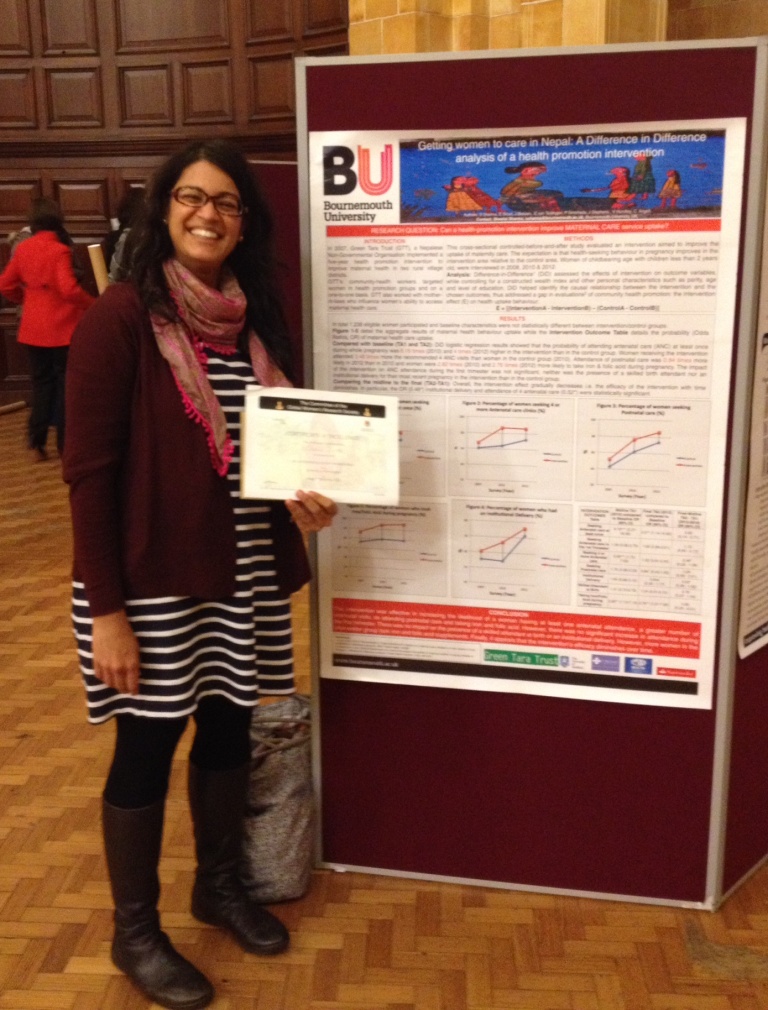
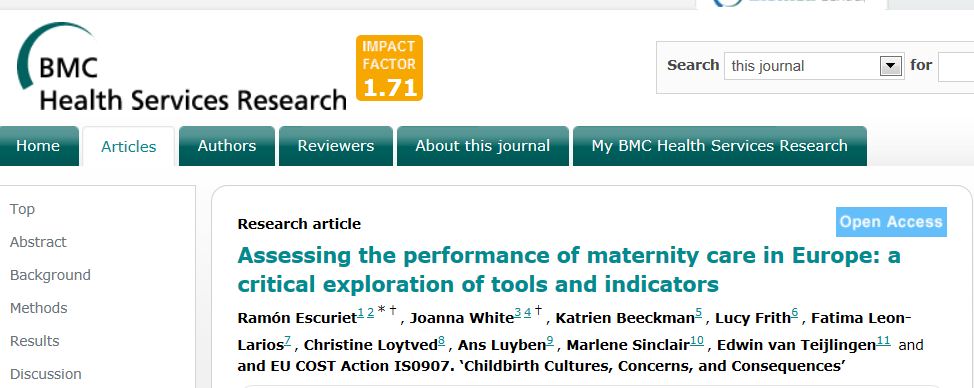
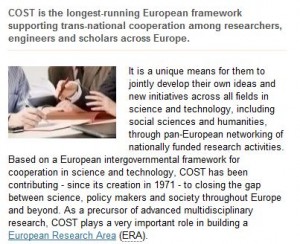


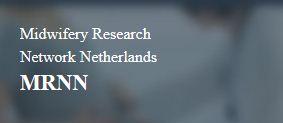




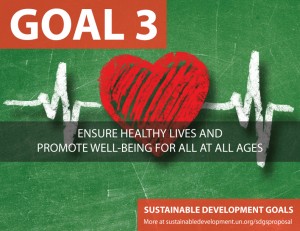
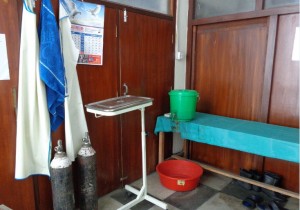
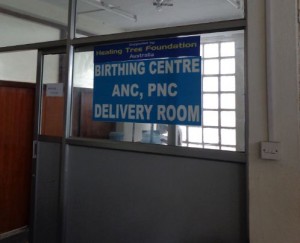
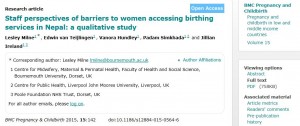











 Conversation article: London Marathon – how visually impaired people run
Conversation article: London Marathon – how visually impaired people run Horizon Europe News – December 2023
Horizon Europe News – December 2023